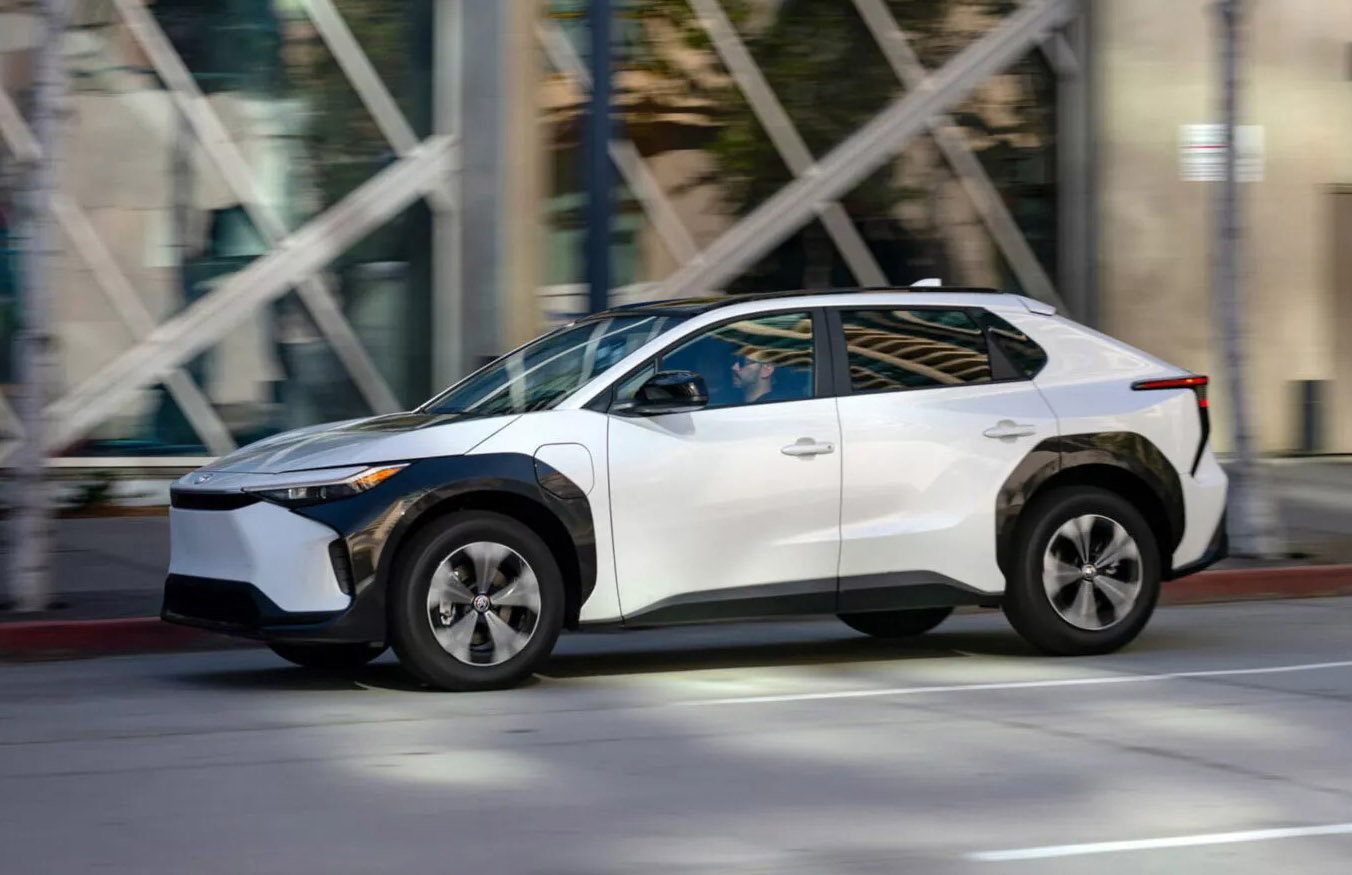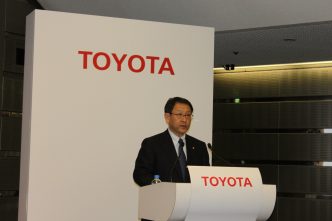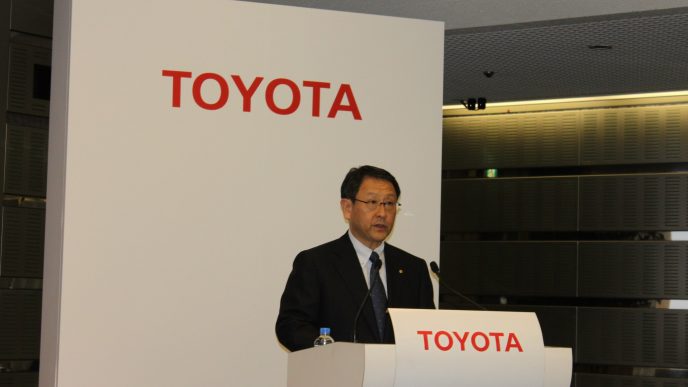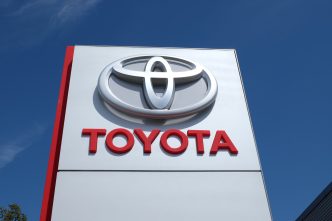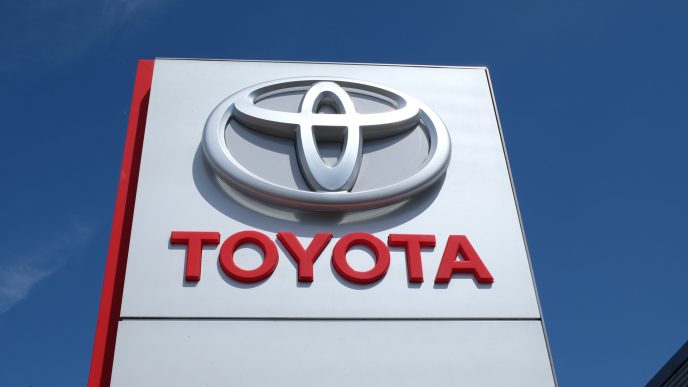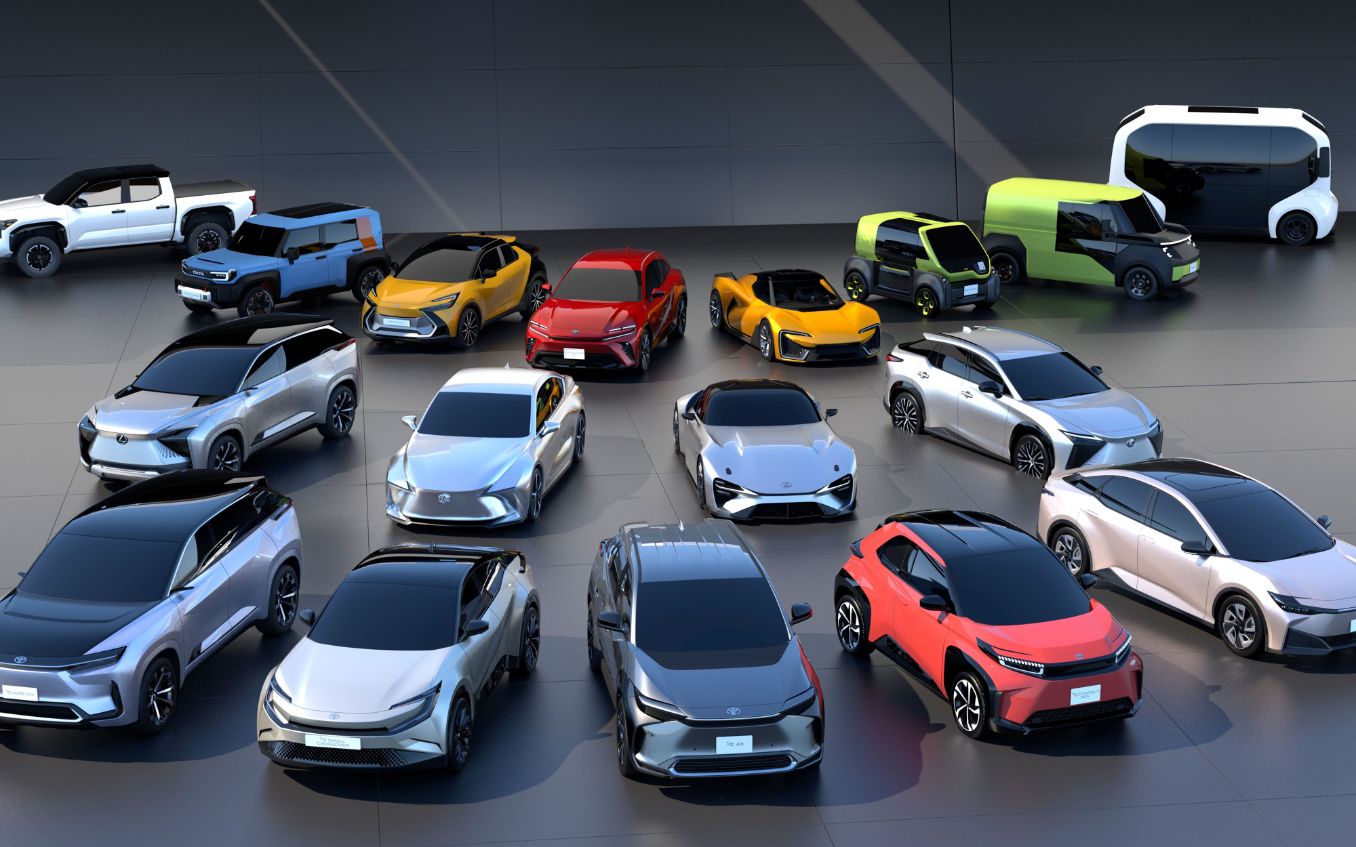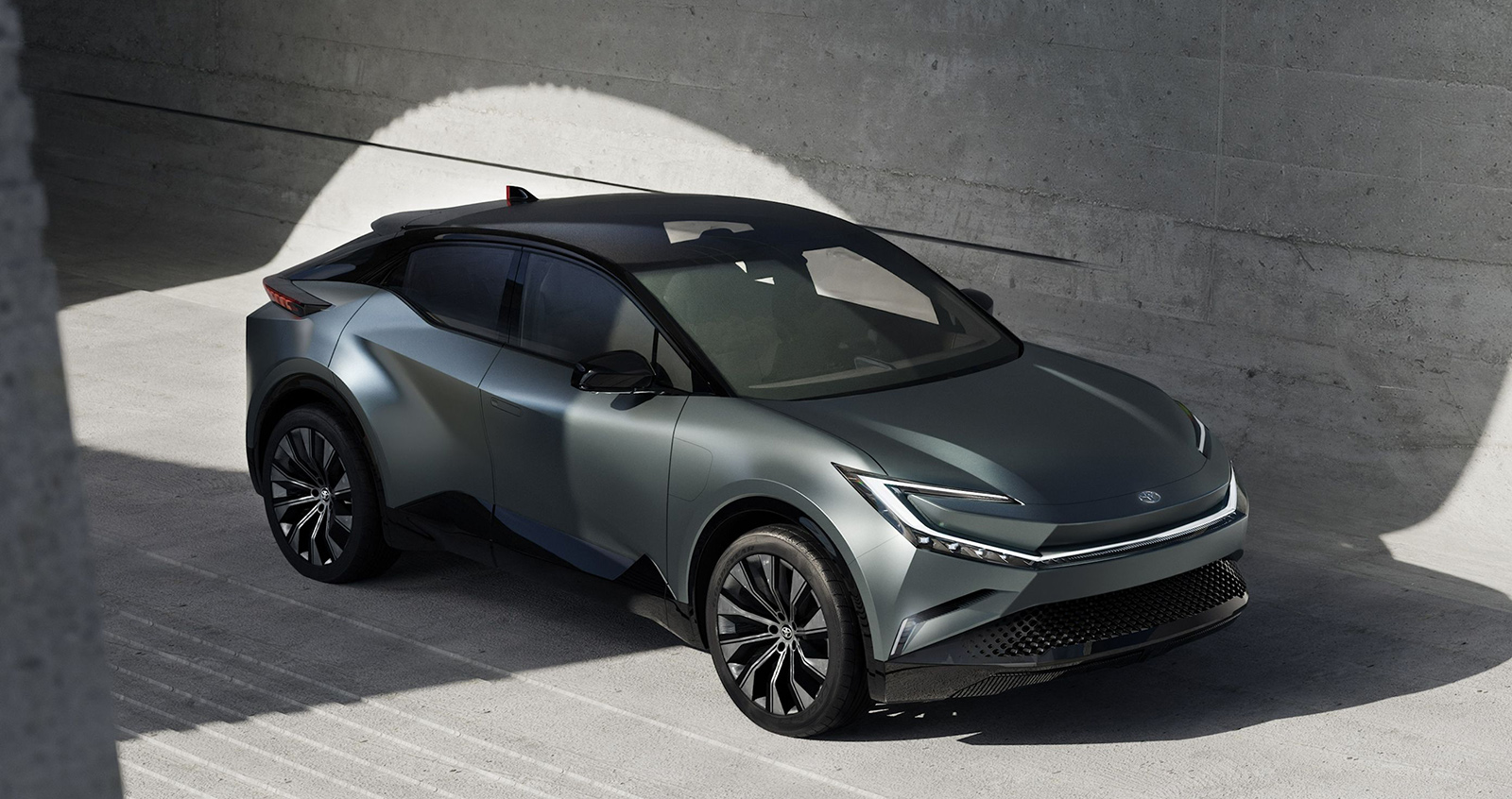Toyota and Subaru are reportedly expanding their electric vehicle (EV) lineups with a new jointly developed SUV scheduled to launch in 2026. This upcoming model will be part of the brands’ efforts to strengthen their presence in the EV market, following the launch of the Toyota bZ4X and Subaru Solterra.
While specific details about the new SUV remain limited, it is expected to share components with the bZ4X and other Toyota models to help reduce production costs. According to reports from Japan, production will take place at Subaru’s Yajima plant in the Gunma prefecture, with an anticipated output of between 15,000 and 20,000 units per month.

The new vehicle is aimed at key markets, including North America, Europe, and Japan. Similar to the existing bZ4X and Solterra models, as well as the Toyota GR 86 and Subaru BRZ, the new SUVs are likely to exhibit near-identical designs, featuring only minor visual variations.
Earlier this year, Subaru announced plans to launch three fully electric SUVs co-developed with Toyota by the end of 2026, with an additional four expected by the end of 2028. Although the size of the new model produced at the Yajima plant remains uncertain, it has been noted that one of the upcoming models is likely to be a three-row electric crossover intended for the U.S. market. Initial plans for this model’s production were set for next year, but reports indicate a delay to accommodate design modifications.
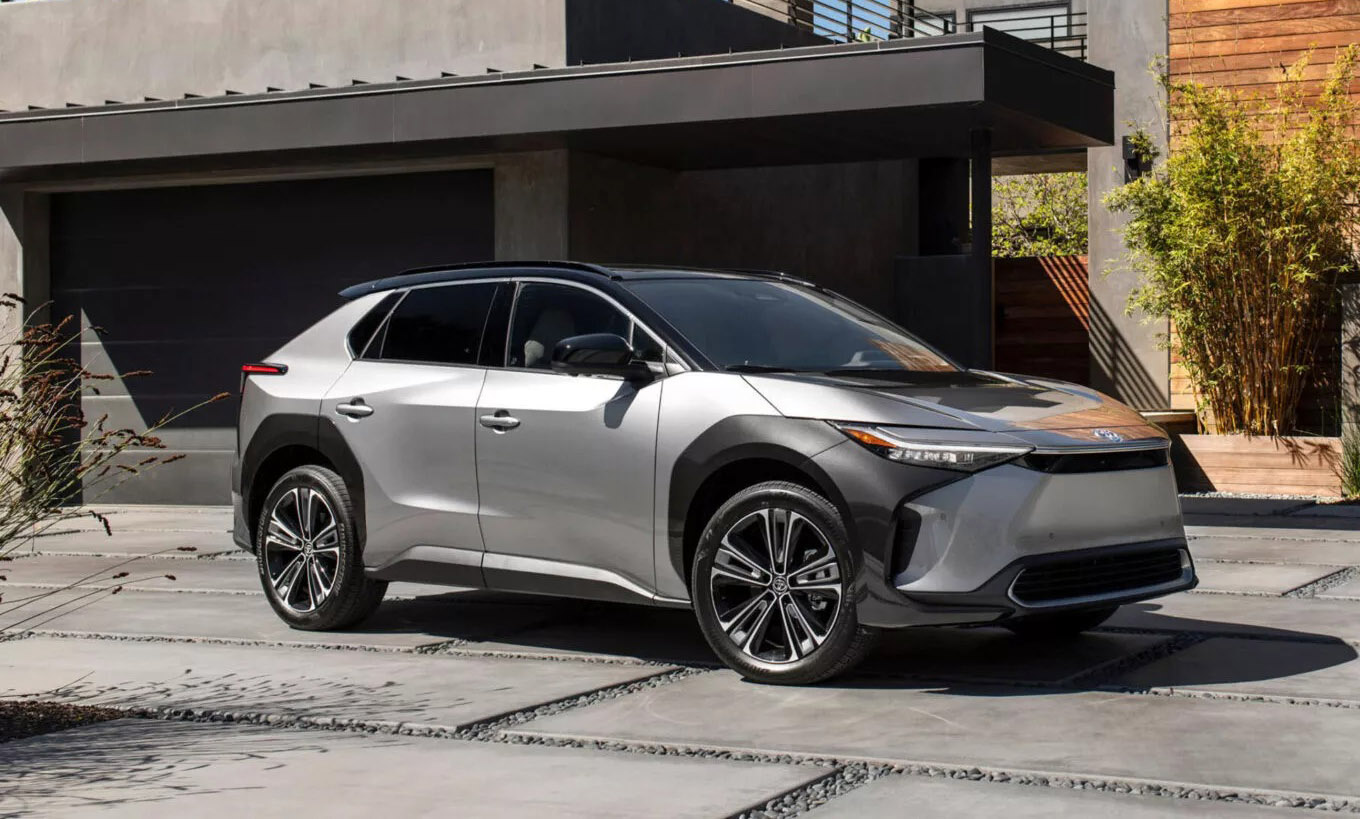
Subaru has set ambitious goals for its electric vehicle strategy, aiming for EVs to comprise 50% of its global sales in the future. However, in 2023, the Solterra—Subaru’s only electric vehicle—accounted for just 0.02% of the company’s total sales, highlighting the challenges ahead for the brand. To meet its objectives, Subaru will need to introduce a range of appealing new models to attract buyers to EVs.
Discussing the partnership with Toyota earlier this year, Subaru CEO Atsushi Osaki stated, “Through this approach of joint development, joint production and joint supply, we will ensure flexibility in the areas of development and production while mitigating risks with Toyota Motor Corp. at a time when it is difficult to clearly predict future trends.”
Source: Nikkei

